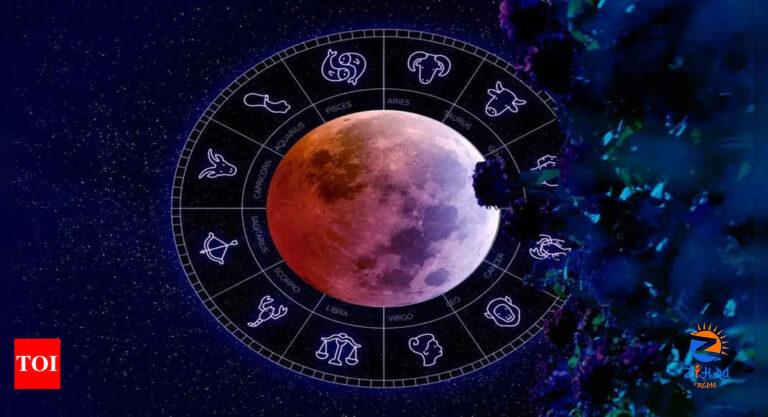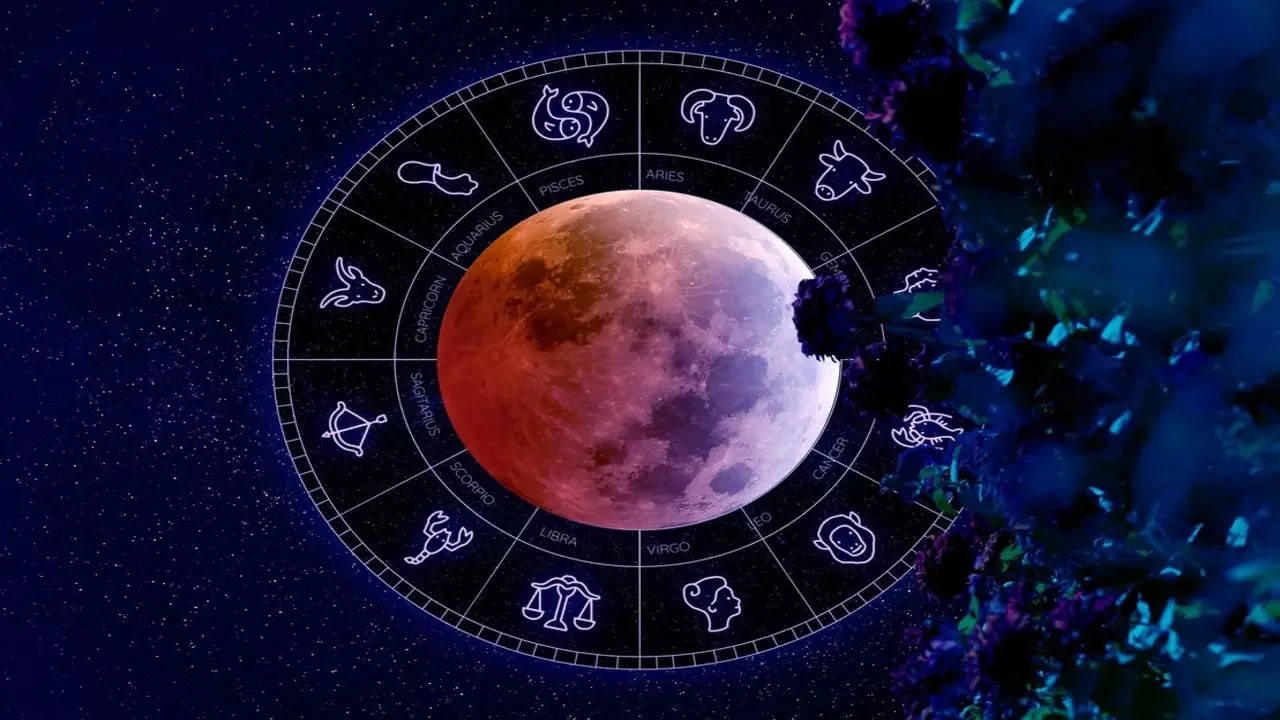
[ad_1]
Astrology and divination are ways people try to understand what might happen in the future. They’ve been around for a long time and are practiced in different religions. Let’s see how they’re used in various faiths.
Astrology:
Astrology is about how the stars and planets might influence our lives. In Hinduism, they use something called Vedic astrology or Jyotish to find lucky times for important events.In Chinese culture, they look at zodiac signs and elements to guide their lives.
Divination:
Divination is like trying to guess what might happen in the future using different methods. In Christianity, some people might read the Bible or look for signs from God to make decisions. In Islam, people might interpret dreams or ask religious leaders for advice.
Comparing Methods:
Even though astrology and divination have similar goals, they’re done differently in each religion. For example, Hindus use astrological charts to guide them, while Christians might use prayer or Bible verses for divination. Muslims might look for signs in dreams or ask religious leaders for help.
Cultural Significance:
Astrology and divination aren’t just about guessing the future; they’re also really important parts of culture and tradition. In Hinduism and Chinese culture, astrology is part of everyday life, helping with big decisions. In Christianity and Islam, divination practices show what the community believes in.
Astrology and divination are ways people try to figure out what might happen next in life, and they’re used in different religions around the world. Even though the methods may be different, the idea of seeking guidance about the future stays the same. By learning about these practices, we get a glimpse into the diverse ways people understand the world and their place in it.
Astrology:
Astrology is about how the stars and planets might influence our lives. In Hinduism, they use something called Vedic astrology or Jyotish to find lucky times for important events.In Chinese culture, they look at zodiac signs and elements to guide their lives.
Divination:
Divination is like trying to guess what might happen in the future using different methods. In Christianity, some people might read the Bible or look for signs from God to make decisions. In Islam, people might interpret dreams or ask religious leaders for advice.
Comparing Methods:
Even though astrology and divination have similar goals, they’re done differently in each religion. For example, Hindus use astrological charts to guide them, while Christians might use prayer or Bible verses for divination. Muslims might look for signs in dreams or ask religious leaders for help.
Cultural Significance:
Astrology and divination aren’t just about guessing the future; they’re also really important parts of culture and tradition. In Hinduism and Chinese culture, astrology is part of everyday life, helping with big decisions. In Christianity and Islam, divination practices show what the community believes in.
Astrology and divination are ways people try to figure out what might happen next in life, and they’re used in different religions around the world. Even though the methods may be different, the idea of seeking guidance about the future stays the same. By learning about these practices, we get a glimpse into the diverse ways people understand the world and their place in it.
The key to liberation: Bhagavad Gita’s wisdom from Shloka 41 of Chapter 2
[ad_2]
